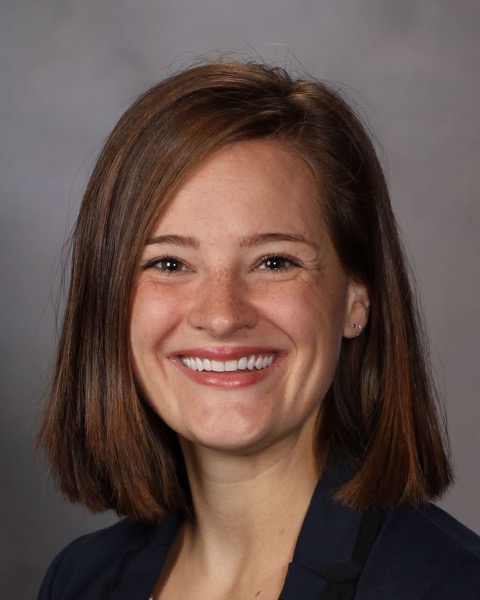Adolescent Medicine Works in Progress
Session: Adolescent Medicine Works in Progress
WIP 35 - Characterizing Adolescent-Specific Contraceptive Information Shared on Reddit post-Dobbs: A Qualitative Study
Sunday, April 27, 2025
8:30am - 10:45am HST
Publication Number: WIP 35.7473
Cambray Smith, University of North Carolina at Chapel Hill School of Medicine, Durham, NC, United States; Renee Odom-Konja, Cook County Health, Chicago, IL, United States; Sneha A. Makhijani, University of North Carolina at Chapel Hill School of Medicine, Chapel Hill, NC, United States; Rolando Rodriguez, University of North Carolina at Chapel Hill, Chapel Hill, NC, United States; Elizabeth Pleasants, University of North Carolina at Chapel Hill School of Medicine, Chapel Hill, NC, United States; Leah Frerichs, University of North Carolina at Chapel Hill, Chapel Hill, NC, United States; Bianca A. Allison, University of North Carolina at Chapel Hill School of Medicine, Chapel Hill, NC, United States

Cambray Smith, BS (she/her/hers)
MD-PhD Candidate
University of North Carolina at Chapel Hill School of Medicine
Durham, North Carolina, United States
WIP Poster Presenter(s)
Background:
Background: Online misinformation about contraception could negatively impact shared medical decision-making and limit reproductive autonomy, especially after the Dobbs decision. Little is known about online adolescent-focused contraceptive information.
Objective:
Objective: To qualitatively characterize adolescent-related contraceptive information and experiences posted on an anonymous social networking site, Reddit, to support clinician discussions about contraception with patients 12-25 years old.
Design/Methods: Design/methods: This study was deemed Exempt Category 4 by University of North Carolina at Chapel Hill’s IRB. Across nine subreddits, 607 posts discussing adolescents and contraception (keywords: “teen,” “adolescent,” “contraception,” “birth control”) published between June 2022-September 2024 were extracted from Reddit using Reddit’s Application Programming Interface and Python Jupyter Notebooks. Three authors are reviewing the posts to determine eligibility. After the final sample is determined, eligible posts will be imported into Dedoose qualitative software and 10% of posts will be triple-coded using a hybrid inductive-deductive thematic codebook. The codebook will prioritize clinically relevant findings (e.g. frequently posted medical questions, information and communication styles posters describe wanting to receive from healthcare providers) and will be refined during screening. After the codebook is stable, the remaining posts will be double-coded. The coded data will be analyzed using descriptive thematic analysis. This is the lead author’s Aim 1 of her dissertation, ensuring that results are available by mid-Spring 2025. The dataset and preliminary codebook will be finalized in November 2024, initial coding conducted in December 2024, final coding conducted in January 2025, and analysis of coded data and transformation into major themes in February and March 2025. Findings will help clinicians address common adolescent concerns and improve contraceptive counseling for this important age group.

